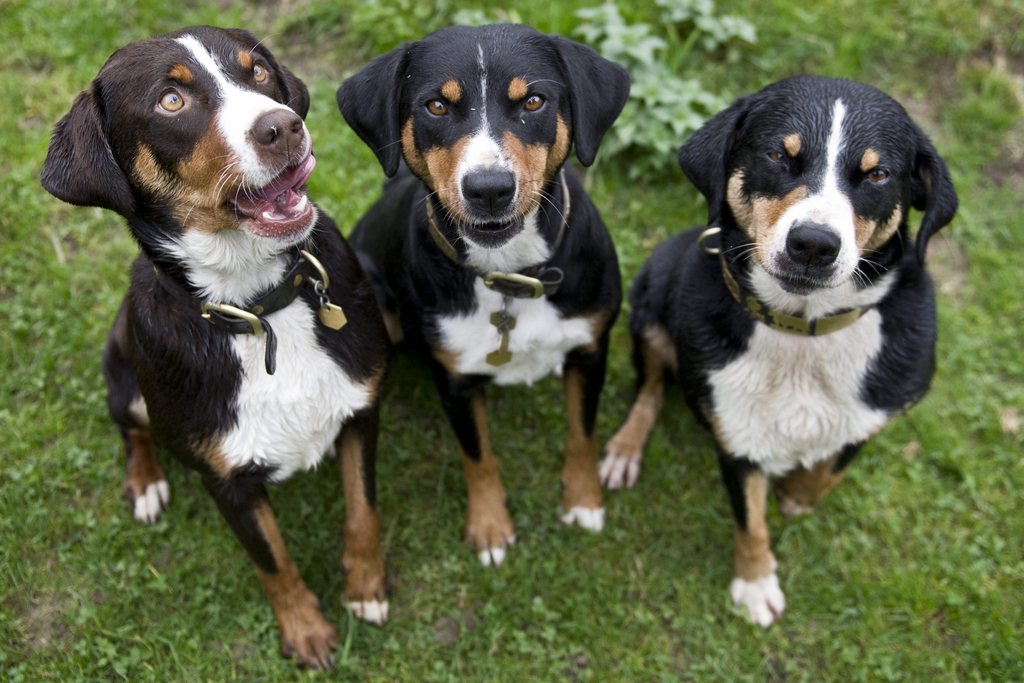
Owners must neuter free-roaming cats, say animal welfare groups

Swiss animal protection groups have collected more than 115,000 signatures calling for the obligatory castration of cats that go outside.
The aim of the non-binding petition is to curb the number of stray cats and reduce unnecessary suffering.
The Network for Animal ProtectionExternal link (NetAP) and Tier im RechtExternal link (TIR) handed in the petition, backed by more than 150 organisations, to parliament on Tuesday.
+ Information on keeping pets in Switzerland
+ Animal lawyer ‘accidentally’ sacked
They estimate that 100,000-300,000 stray cats live in Switzerland. One of the main causes of the stray-cat problem is that owners of free-roaming house cats don’t always neuter them, with the result that these cats mate with strays, producing offspring.
The animal welfare groups explained in a statementExternal link that if cats multiply excessively, large colonies of cats will quickly form in a tight area, leading to hygiene issues and the spread of disease. Many animals would die a painful death because they wouldn’t receive any medical care or wouldn’t find enough food.
This uncontrolled breeding also leads to countless unwanted animals ending up in animal shelters. What’s more, above all in rural areas, unwanted kittens are sometimes drowned or killed in other ways involving suffering, according to the statement.

More
Animal lovers question morality of eating pets

In compliance with the JTI standards
More: SWI swissinfo.ch certified by the Journalism Trust Initiative




























You can find an overview of ongoing debates with our journalists here . Please join us!
If you want to start a conversation about a topic raised in this article or want to report factual errors, email us at english@swissinfo.ch.